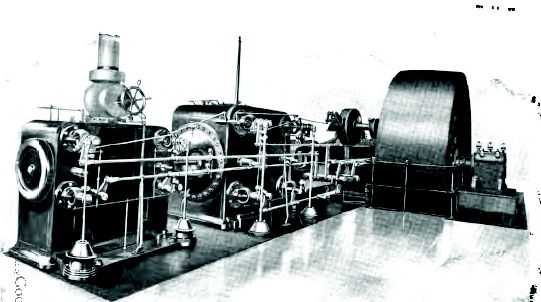Steam Engine Planning: Difference between revisions
Jump to navigation
Jump to search
| Line 11: | Line 11: | ||
*About 150 rpm | *About 150 rpm | ||
*Use stock piston seals | *Use stock piston seals | ||
*Machining boils down to lathing piston seal grooves | *Machining boils down to lathing piston seal grooves | ||
*Connecting rod threaded into piston, uses two nuts | *Connecting rod threaded into piston, uses two nuts | ||
*Use flywheel and linkage | |||
=Strategy= | =Strategy= | ||
Revision as of 02:26, 8 December 2008
Concept Introduction
Nick Raaum is project manager. Our present concept is to use a single acting cylinder made from steam piping, using an electronically-controlled valve, and a position sensor that tells when the valve should open and close.
Design Rationale
- Use stock pipe section for replicability
- Welded ends
- Flywheel and pulley is used
- About 150 rpm
- Use stock piston seals
- Machining boils down to lathing piston seal grooves
- Connecting rod threaded into piston, uses two nuts
- Use flywheel and linkage
Strategy
On 12.6.08, Nick and Marcin had a strategy session in which we decided:
- Pursue a simple, single-acting, steam engine with electronically controlled valve
- Pursue stock pipe sections to eliminate casting requirements?
Electronics
- Asco valve - 8 hz, 150 PSIg operating pressure solenoid steam valve - $100 new; one required
- Programmable Logic Controller - Arduino board?
- Position sensor - an optical sensor, photoelectric eye?
Materials
- A56 Schedule 80 half inch piping, carbon steel
